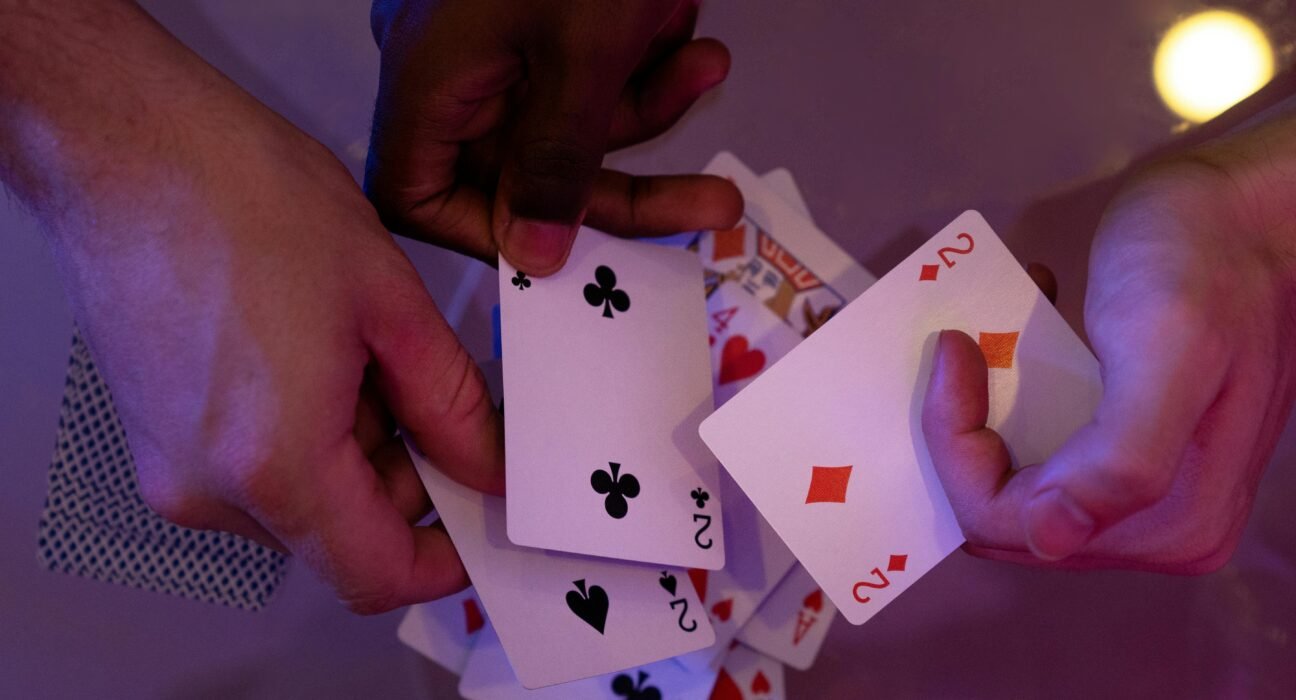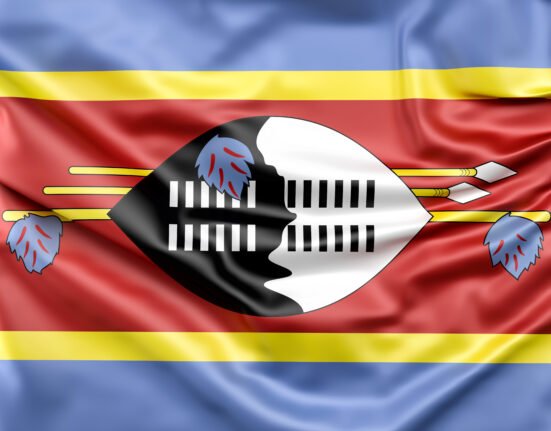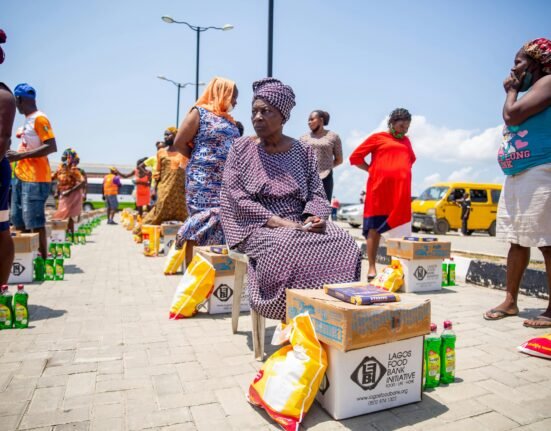Young men dominate growing participation as gambling awareness increases nationwide
ROFUS Crosses Milestone in Fight Against Gambling Harm
The Danish Gambling Authority (Spillemyndigheden) has confirmed that over 60,000 people have now registered with ROFUS — Denmark’s national gambling self-exclusion system — as of 1 May 2025. The milestone underscores both the increasing public awareness of gambling risks and the success of ROFUS as a core harm-reduction measure in the country’s regulated gambling framework.
Established in 2012, ROFUS (Register of Self-Excluded Players) offers Danes the ability to voluntarily block access to online gambling, retail betting shops, and land-based casinos operating under Danish licenses. Exclusion durations range from 24 hours to six months temporarily, or permanent self-exclusion, which lasts at least one year before a reversal request can be submitted.
Youth and Male Participation Lead Registrations
The recent spike in registrations is particularly prominent among young men, a group increasingly vulnerable to problem gambling behaviors. According to May 2025 data, 96% of users under 20 who registered with ROFUS were male, while 58% of male registrants overall were under the age of 40. These figures indicate an urgent need for targeted prevention strategies among younger demographics.
Responding to the trend, Spillemyndigheden launched its “Take it easy with ROFUS” campaign, aimed at reducing stigma around gambling problems and encouraging open discussions, especially among youth.
Director Anders Dorph commented:
“It is gratifying that those who need to exclude themselves from gambling are using ROFUS. This shows that awareness of the tool is growing and that it fulfils an important function in the effort against gambling addiction.”
Market Growth Highlights Responsible Gaming Imperatives
The milestone arrives amid significant growth in Denmark’s gambling sector. Gross Gaming Revenue (GGR) hit DKK 665 million ($103 million) in April 2025, an 11.6% increase year-on-year, signaling strong consumer engagement in the licensed market.
Yet, this growth amplifies the importance of balanced consumer protection mechanisms. Denmark’s regulatory model is increasingly being recognized for coupling market liberalization with progressive responsible gambling infrastructure — of which ROFUS is a cornerstone.
A Model for Other Markets?
ROFUS’ voluntary, state-administered exclusion system may serve as a model for international regulators, particularly those grappling with a rise in online gambling and insufficient harm mitigation tools. Its integration with all licensed operators ensures that excluded individuals face a comprehensive ban, reinforcing its credibility and effectiveness.
With more Danes opting to take control of their gambling behaviors through self-exclusion, Denmark continues to demonstrate that responsible gaming initiatives can scale successfully alongside market expansion — provided they are accessible, destigmatized, and data-informed.
Conclusion
The surpassing of 60,000 ROFUS registrants marks more than a numerical achievement — it is a testament to Denmark’s ongoing effort to promote healthy gambling environments while safeguarding its most at-risk citizens. As the country’s gambling revenues rise, so too does the responsibility to ensure that vulnerable groups have robust, accessible tools like ROFUS at their disposal.























